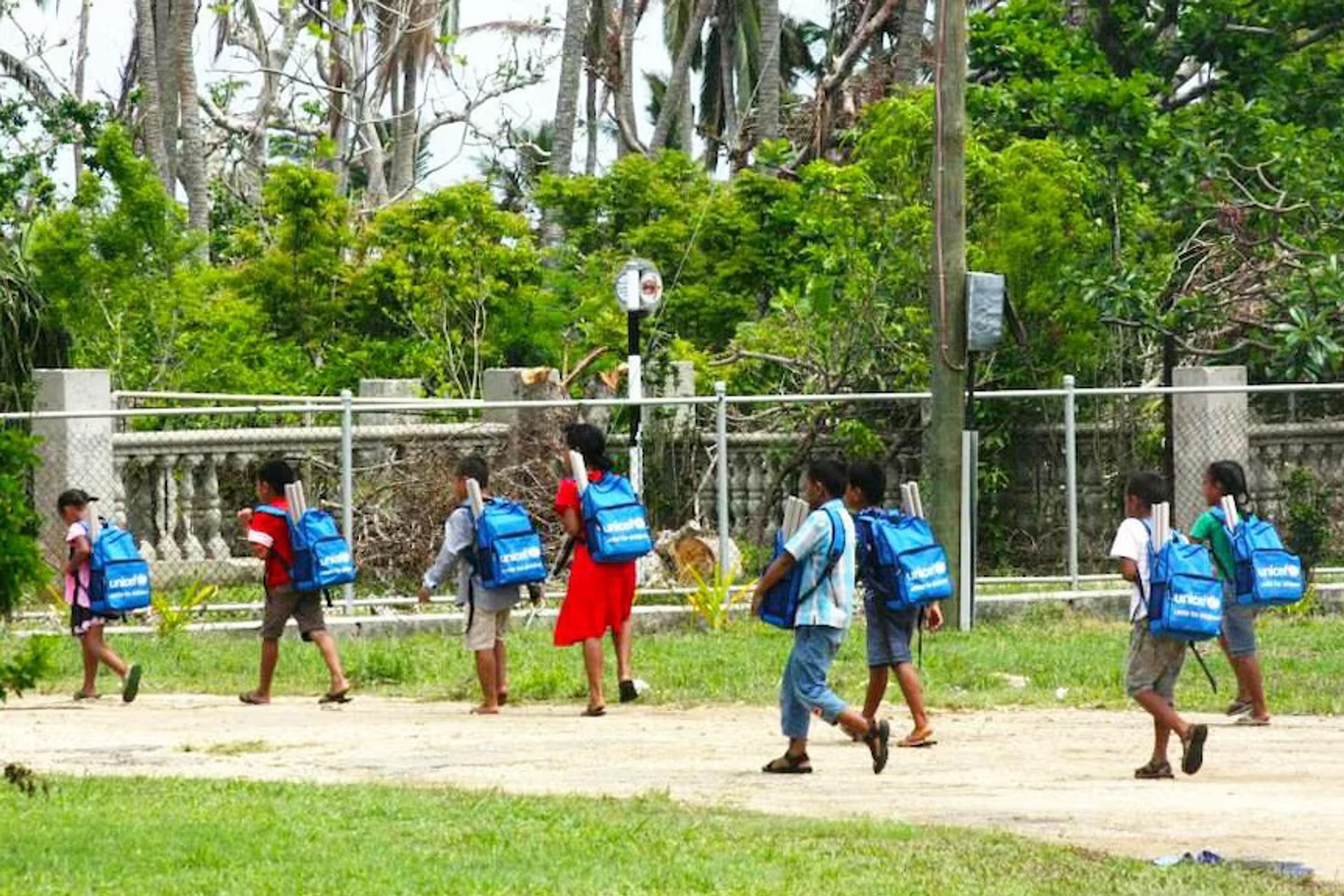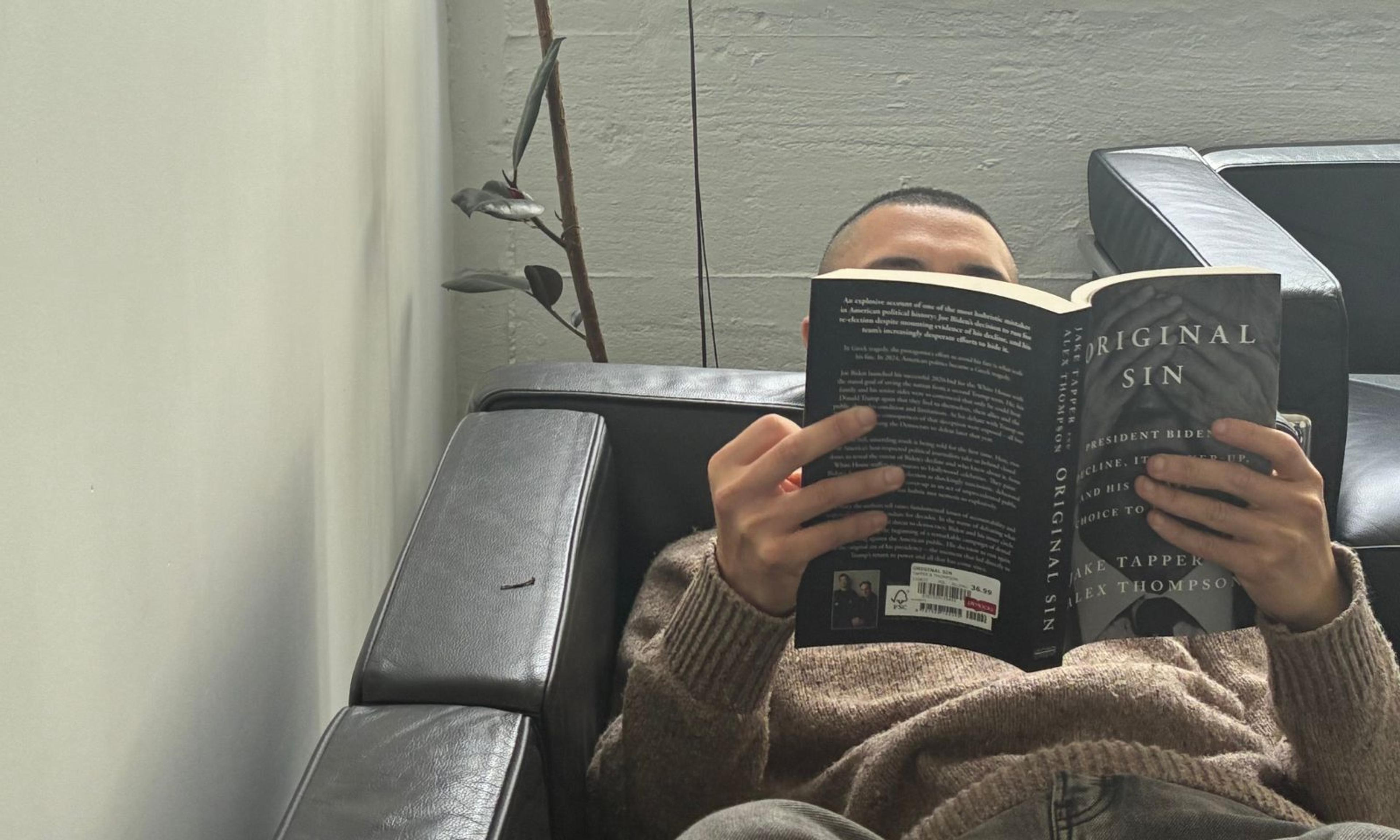

Pacific peoples were 44 per cent more likely to experience physical or psychological family violence compared to New Zealand Europeans.
Photo /Unsplash.
New law expected to help Pacific family violence victims
A new bill will allow people to speed up divorce proceedings in cases of family violence, which a sociology professor says could be good for Pacific people.



Climate disasters in 2025 impact Pacific children, review finds

‘Love is justice, lived out loud’: Reverend Wayne Toleafoa honoured for service



New Year Honours: Jade Farrar builds unified vision for life without barriers

Climate disasters in 2025 impact Pacific children, review finds

‘Love is justice, lived out loud’: Reverend Wayne Toleafoa honoured for service

Trigger warning: This article covers topics of abuse, domestic and family violence.
A sociology professor says the legislation change to the divorce proceedings is a good thing for Pacific families suffering family violence.
The Family Proceedings (Dissolution for Family Violence) Amendment Bill passed its third reading earlier this week, which removes the two-year wait for those undertaking divorce proceedings when they involve family violence.
Speaking to William Terite on Pacific Mornings, Auckland University sociology Professor Moeata Keil said this change is good for helping Pacific family violence victims create better boundaries against abusive partners.
Keil's research looked into Pacific parents, people, and families and how they make arrangements for their children during a separation.
"I've spoken to some mothers who have talked about how hard it's been," she said.
"They've wanted to get divorced but because they have to wait that two-year period it forces them to be in regular kinds of contact and keeps that legal tie to their abusive former partner.
"I think it's one step towards helping them to gain that disconnect, to restart their life."
Watch the full interview via 531pi's FB below:
From 2014 to 2024 over 80 per cent of protection order applicants for all application types were women, with 82 per cent of women making up this year's applicants.
Keil said although avoiding gendered language is important, an overwhelming majority of those seeking protection orders are women.
"So it is a very gendered field and so overwhelming this change will mean, although men and women, it's mostly women, to leave abusive situations or get divorced."
Pacific peoples also made up four per cent of applicants between 2014 to 2020, whereas from 2020 it dropped to 3 per cent.
According to Te Puna Aonui, Pacific peoples were 44 per cent more likely to experience physical or psychological family violence compared to New Zealand Europeans.
Furthermore, Pacific children were 2.5 times more likely to be physically punished than non-Pacific children, and they were also two times more likely to be hospitalised due to assault, neglect, or maltreatment compared to NZ Europeans.

For a decade over 80 per cent of protection order applicants in NZ were women. Photo /Unsplash.
Keil said commonly Pacific peoples have strong ties to religious beliefs and faith which also carries a stigmatisation of divorce. What follows is the notion that keeping the family together is key and that "parents should work through that".
"I think this is a bit of an exception to that because although in a religious sense or a faith-based context divorce is bad, the real issue of what we should be focusing on is violence in our families.
"Unfortunately it's a harsh reality that family violence rates are very high in Pacific families, in Pacific communities, but as well as in wider New Zealand - it's not a Pacific problem.
"This particular provision, all it does, is provide an added level of support to those who are experiencing family violence and seek out a protection order.
"I don't think it necessarily encourages divorce, it just [grants] those who are victims of violence and seek out a protection order greater access to gaining a divorce."